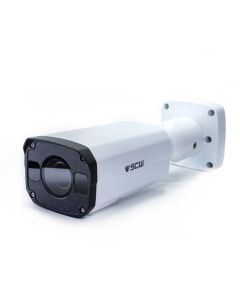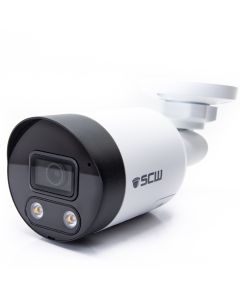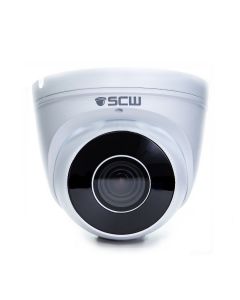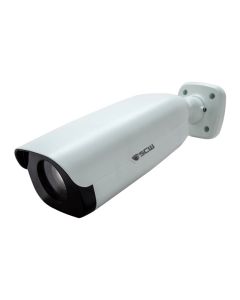likes
We're sorry, an error has occurred while generating this content.

Not sure what you need?
Lean on the experts
We'd be happy to work up a custom quote or take your floorplan and create a security coverage map.
Get aCustom Quote
/ images













